Australian manufacturer Molycop discovers that demand response rocks
December 2020
Molycop, a global manufacturing company, established its Australian outpost in Newcastle in 1918. The company pioneered electric arc steelmaking in Australia, and manufactures its products from recycled scrap steel feed in Newcastle.
Molycop’s grinding media, in the form of hard steel balls, are used by the mining industry to grind and blend materials in ball mills. It is estimated that ball mills are solely responsible for four per cent of the world’s electricity consumption.
Manufacturing grinding media from ferrous scrap steel is a very energy intensive process. In particular, the initial melting of scrap steel consumes an enormous amount of electricity, so much so that Molycop has had to become quite innovative to keep energy costs – measured in millions of dollars per month – under control.
To manage costs, the Molycop Newcastle plant has historically purchased electricity from the volatile spot market. The secret to surviving in this market is to perfect the ability to temporarily shutter operations when prices rise, and restart when prices fall. This ability to stop and start energy intensive processes at short notice has been made possible through a combination of smart engineering and proactive operational procedures.
Molycop’s capability in this area was further enhanced when it joined the AEMO-ARENA demand response program, which reduces load on the network at times of peak demand to prevent network power outages. By shutting down production activities within minutes of being requested, Molycop can support the reliability of the network for other consumers.
The Newcastle site also has an active energy management program modelled after the international energy management standard, ISO50001, and is continuously identifying and implementing energy and emissions savings opportunities. In 2019 Molycop signed a renewable power purchase agreement (PPA) for 100,000MWh of electricity per year from a mix of wind and solar generation, which is over half of the Newcastle site’s electricity needs. The ability to tailor site demand to match renewables output is another opportunity under review.
Between efficiency improvements, managing demand and renewable electricity purchases, Molycop is positioning itself well for a lower carbon future.
Find the case study on page 26 of the third edition of Navigating a dynamic energy landscape: a briefing for Australian businesses.

